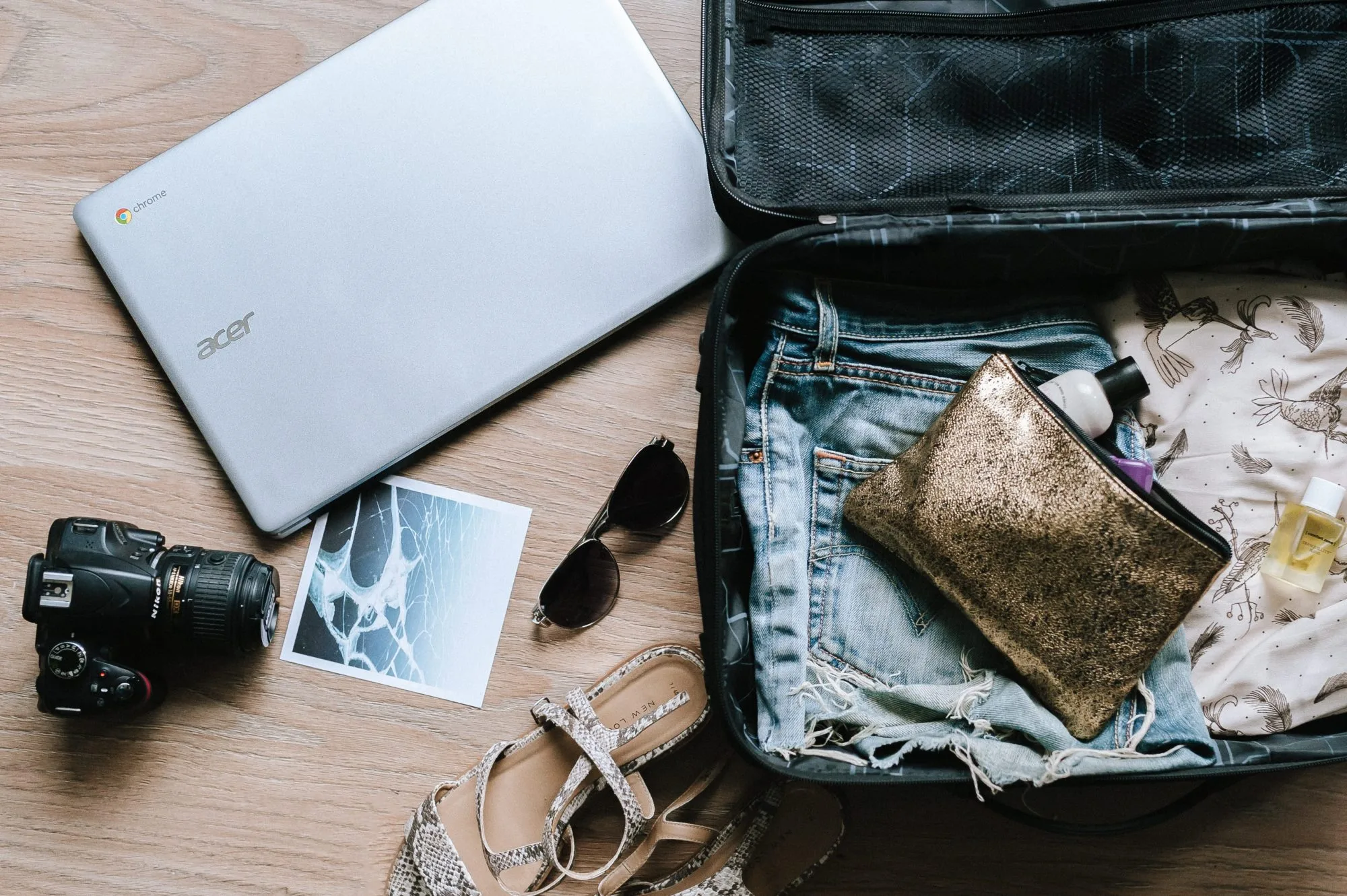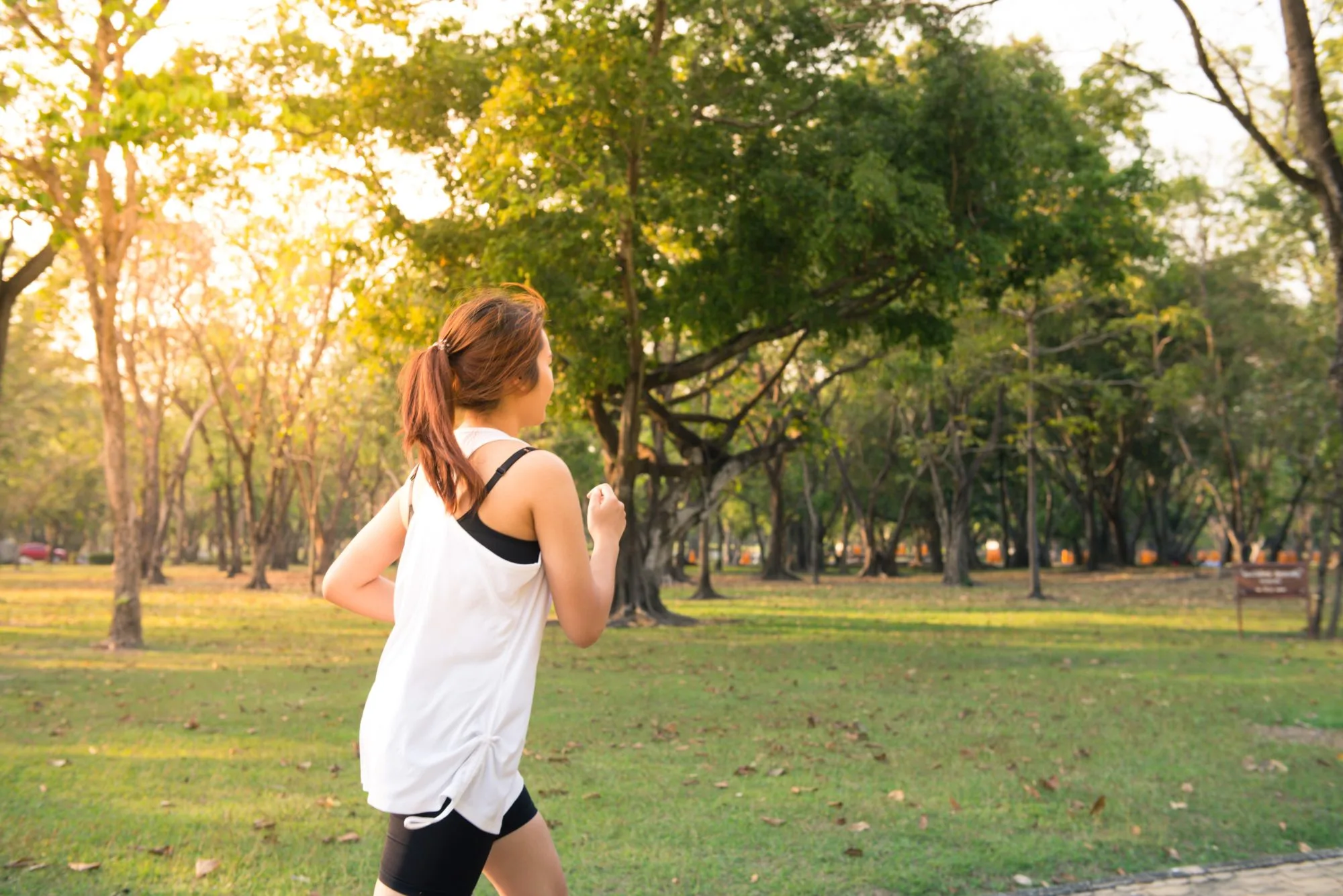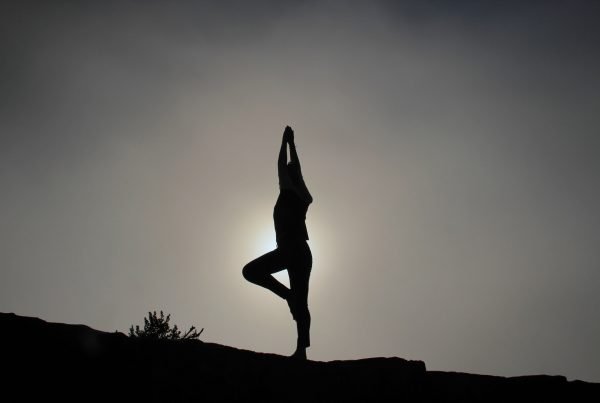Travelling can be difficult, but people often find the hardest part is knowing what to pack. They always seem to end up packing too much or too little or missing that one important item when you arrive. Why didn’t you remember that neck pillow for the plane ride, and where’s the last bottle of sunscreen? To avoid packing mishaps, what you need is the ultimate packing guide. It will let you travel with a peaceful mind. Travelling might never be perfect, but at least you can make this part of it easier. So make sure you keep this page handy. Thus, whenever you’re planning a holiday you can read through and make sure that you get everything that you need, reducing your overall stress.
Top Travel Essentials
The Right Luggage
Before you decide what you’re taking with you, you need to know how you’re taking it with you. Depending on how far you’re travelling, you’ll not want to lug around a heavy suitcase – especially not if it doesn’t have any wheels. If it’s a very short journey then this will be less important to you, but definitely consider investing in some light-weight suitcases with wheels if you need to carry a lot of clothes and other luggage. However, if you travel light, there are other options.
For example, you could use a duffel bag, since they are very simple and lightweight. They’re also are often quite durable. Never be afraid to invest in a higher quality one if you often take trips, because it will serve you well. Backpacks are also a good option if you’re travelling light. Furthermore, they’re especially good for travellers walking on foot for long periods of time.
Organisation 
Obviously, throwing everything into a suitcase of your choice and calling it a day just isn’t an option. So, you do need to organise your luggage in a little more detail than just folding and stuffing. Organisation should be at the heart of your planning and packing. This is because knowing what you’re going to do once you’re on holiday (maybe not having detailed day plans, but at least having a rough idea of what activities you’re going to do and where you’re going to go) is the key to packing well. If you don’t know what you’re doing, how are you going to pack for it?
Planning ahead
Know the activities that you’re going to do – at least, the ones that need special equipment. Try and find or buy waterproofs for water-related activities and bring swimming costumes. You should also make sure you’ve got durable wear for horseback riding or rock climbing. Know what you’re doing before you travel, because failing to prepare is preparing to fail. Thus, you can’t allow yourself to fail at packing unless you want a terrible holiday.
For organising your luggage, try to compress everything and only pack what you need – but make sure that you do have everything that you need. Compression cubes can help with this since they compartmentalize your luggage and also allow you to sort things by the weather they’re suitable for. This includes the type and many other options, depending on your packing style. If you just want to have minimal luggage organisation, then you can always just be choosy with what you pack. You can then fold it neatly to try and get everything in or put it in a large vacuum pack to really save space. Whatever you do, don’t forget to think ahead and try to make checklists for the luggage that you need. It’s best to be strict with what you need vs. what you want (which can be especially difficult when you throw kids into the mix!)
Travel Tech
Unless you want to roleplay as a caveman while you’re travelling, which isn’t really recommended in today’s modern age, you’re going to have some sort of tech with you. However, if you’re backpacking across a desert or some difficult terrain with no phone signal, there’s no point taking a smartphone. So, what do you need? It’s based on where you’re going, and what you need to do while you’re travelling. If you’re working, and you work on a computer or laptop at home, bring your laptop. You can also opt to buy a new, cheaper laptop just for travelling. For most trips, a smartphone should be fine. This is because it will connect to the internet wherever you can get it and be able to access a maps feature in case you get lost.
Planning ahead
If you’re travelling to another country, make sure you research what sort of plugs they use there, and purchase adaptors, because it’s likely that your plugs and chargers will be rendered useless if the plug sockets in that country don’t match up. Don’t be left trying to buy expensive plugs and chargers and make sure you take them with you, buying cheap (but good quality) before you go. This will make sure that you’re prepared and can use all of the tech you bring with you, and, again, this is much more important when you have kids whining to go on tablets and smartphones, or a teenager who needs their earphones and music.
Speaking of earphones, consider investing in some noise-cancelling earphones. If you’re on a flight and some other passengers are being noisy, you have a quick way to drown them out. Moreover, if your accommodation turns out to be noisy, you can drown that out as well! Lonely treks through the wilderness can be made much more fun with music, and if you’re taking public transport around wherever you’ve travelled to then you won’t annoy your fellow passengers and you’ll still be able to listen to some good tunes.
Toiletries
Wherever you’re going, it’s likely that you’ll need some toiletries. Everyone needs to take care of their hygiene, so make sure you take a toiletries bag. However, if you’re flying, this becomes a little more complicated. Make sure to read up on all the rules for liquids for your local airport and keep to them! Also, if you’re going to a hot country, make sure that you pack sunscreen. You should also pack aftersun. This is in case you forget about the sunscreen or it isn’t powerful enough. The fact of the matter is, even if you don’t think you need it, it’s better to be safe than sorry.
Good ideas for general toiletries include any skincare routines that you usually use at home. This includes toothpaste and a toothbrush, deodorant (no one likes to stink!) and for anyone menstruating, sanitary products. Depending on your needs and the length of your travelling, your toiletries will vary in amount and type. However, make sure that you personalize them for your needs and try to stick to what you use at home. Travel versions of many common toiletry products exist and are easy to find in stores or online. Thus, investing in them may be a good idea if you’re trying to fit a lot of stuff into your luggage.
Comfort
If you’re travelling, then it’s likely that you’ll be using some mode of transport other than walking. If you are just walking everywhere, then definitely invest in some comfort (and durable!) shoes. Gel insoles can be a life-saver, and you don’t want your shoes ripping and breaking in the middle of a long trek. If you’re cycling, make sure you have all the proper gear. You can also try some bike seats which have gel or extra cushioning in them since they can make all the difference. For flying, packing blankets and pillows (or making sure the airline will supply them) for long journeys is almost a must. It’s also best to have enough change on you to buy drinks and snacks on the journey. You can also choose to pack them and have an airplane picnic!
If you’ve got the space in your luggage, then packing extra duvets and pillows could also be a good idea. This is especially valid if you’ve got accommodation waiting for you during or at the end of your travels. The quality of bedding can never be secured, so pack carefully if you have any doubts at all. This will ensure that you don’t end up with a rubbish night’s sleep after a long day of travelling. For car journeys, make sure that your seats are comfortable and you take enough breaks. It’s also important that children have blankets and pillows in case they want to sleep. Having two drivers who can swap roles (or more!) is always a good idea. Let’s be honest – tiredness can kill, and having to drive too far can be a horrible experience.
 Medical
Medical
Of course, not every travelling experience is going to go smoothly, so some medication is going to be needed. If you have any pre-existing conditions that you have medication for, then, of course, bring them along. You should also make sure they’re in a safe but easily accessible (for the owner) place. Some general painkillers like Paracetamol and Ibuprofen will also be a good idea. This is because headaches can hit without warning and sometimes an upset stomach can threaten to ruin the entire trip.
Having a first aid kit on hand in case of any emergencies is also a good idea. This includes bandages, gauze, antibiotics and band-aids. And, of course, just in case there’s a major emergency, know the locations of nearby hospitals and walk-in centres at all times.
Documents
Now, there’s the official stuff. If you’ve got bookings, make sure you’ve either printed out the proof/tickets or have a valid online version (an email or mobile ticket if the company you’ve booked with has those on offer). Leaving the country will require a passport and sometimes even a visa. So make sure you come prepared and do everything legally. In fact, don’t believe people who say they’ve travelled without proper documentation and gotten away with it. If you do, you might end up being the one idiot who does it and gets caught out. That can come with some serious consequences.
Spend money, exchange before you travel and make sure you know and understand the currency of the country you’re travelling to. If not, ignore that step but pay attention to this one: you need to know how much money (roughly) you’ll need, and find a safe place to put it. If you’re taking a lot of money, it would be devastating to lose it all because you put it in an obvious place and left it unguarded. In the worst-case scenario, you could even end up stranded – nobody wants that. So, prepare how much you’re taking and prepare to hide it. Unfortunately, not everyone out there will be friendly and welcoming to you.
Who Is The Author?
Darryl Martin writes professionally and also proofreads at both Academic Brits and PhD Kingdom, which has led him to be involved with many projects up and down the country, which promote healthy ways of thinking and acting. His work can be found at Thesis Help.



 Medical
Medical![women [longevity live]](https://longevitylive.com/wp-content/uploads/2020/01/photo-of-women-walking-down-the-street-1116984-100x100.jpg)











One Comment